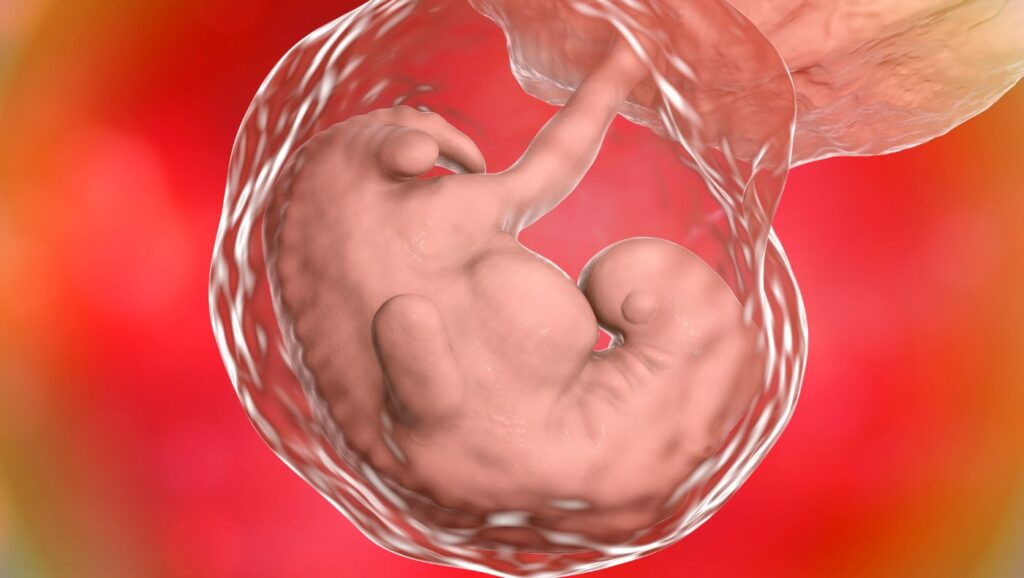
What Is Embryo Glue? Benefits, Process, and Effectiveness
Introduction
The natural attachment of embryos to the uterus needs optimal success during every phase of IVF treatment. The most current medical technology to assist embryo attachment is embryo glue made of a substance that helps embryos bond better to the uterine wall. This blog gives complete information on embryo glue including its features and how it works. It shows the benefits of using embryo glue plus steps of the process and later adds information about success rates and pricing.
What Is Embryo Glue?
Hyaluronan, the natural substance of female reproductive organs, makes up the specific culture medium called embryo glue. The substance helps embryos to bind effectively with the uterine lining during implantation. When patients complete their embryo glue IVF treatment this medium builds a healthy surrounding that matches the body to boost embryo implantation success.
Benefits of Embryo Glue in IVF
1. Enhances Embryo Implantation
Embryo glue raises the chances of successful implantation between the embryo and the uterus lining. The addition of hyaluronan to the embryo culture medium improves how the embryo connects with the endometrial lining which makes pregnancy more likely.
2. Supports Euploid Embryo Implantation
Patients receiving chromosomally normal embryos can use embryo glue because it creates a better endometrium for increased embryo success.
3. Ideal for Patients with Implantation Failures
Breast cancer victims can significantly improve their implantation success rate through embryo glue treatment. The product improves embryo attachment while lowering the chance of treatment failure during past IVF cycles which makes it a practical choice for patients attempting pregnancy through IVF.
4. Improves Pregnancy Success Rates
The product duplicates uterine conditions to provide better attachment of embryos which leads to better outcomes with IVF.
5. Safe and Non-Invasive
Using embryo glue makes IVF treatments more secure and requires no extra medical procedures. The process brings no medical risks to embryos or patients and does not need additional medical procedures.
The Embryo Glue Process in IVF
Step 1: Preparation of Embryo Transfer Medium
The embryologist places developing embryos into a special embryo glue medium before the transfer takes place.
Step 2: Soaking the Embryo in Embryo Glue
By keeping the embryo in the solution for a designated period it takes in the fundamental elements needed for pregnancy to happen.
Step 3: Embryo Transfer Procedure
Medical professionals insert the fertilized embryo at embryo glue into the uterus through a thin tube.
Step 4: After Embryo Transfer Care
The patient needs to follow the instructions provided after embryo transfer including rest times and specific movements limitations along with taking prescribed drugs to promote implantation.
Effectiveness of Embryo Glue
Research shows embryo glue can help more embryos attach to the uterus especially for patients who did not succeed in previous IVF attempts. The success rate of embryo glue treatment depends on different patient factors such as embryo quality and uterus preparation.
- Embryo quality (euploid vs. aneuploid embryos)
- Uterine receptivity
- Overall fertility health
Patients using euploid embryos will achieve enhanced success rates when embryo glue treatment is added to their process.
Embryo Glue Cost
The price of embryo glue changes based on where patients select their fertility clinic and receive treatment including if embryo glue services come with their IVF package. The routine charge for embryo glue treatment in an IVF process varies from $100 to $500 so most patients can afford it and benefit from better IVF results.
Conclusion
IVF patients benefit greatly from embryo glue because it increases their odds of successful implantation. The addition of hyaluronan creates a condition similar to the uterus uterine environment which helps the embryo bond better with the endometrial lining. Embryo glue IVF stands out as a strong option mainly for patients who struggled with implantation problems in earlier tries because it brings hope even when treatment outcomes differ.
Before starting IVF treatment talk to your fertility specialist about using embryo glue.
FAQs
1. What is embryo glue in IVF?
Doctors use embryo glue that adds hyaluronan to the embryo transfer medium to help embryos better attach to the endometrium and increase successful establishment.
2. How does embryo glue work?
By matching the uterine conditions embryo glue lets embryos better attach to the uterus which helps more embryos to implant successfully.
3. Is embryo glue safe?
Yes, Patients and embryos remain protected from all danger during IVF treatment when using embryo glue as no harm occurs from its use.
4. How much does embryo glue cost?
Because of location and fertility clinic charges the embryo glue cost ranges between $100 and $500.
5. Is embryo glue effective for euploid embryos?
Yes, The substance helps more euploid embryos attach to the uterus which raises the chances of forming a healthy pregnancy.
6. What should I do after embryo transfer?
After embryo transfer, Patients need to follow doctor instructions to minimize stress and live healthily to help embryo implantation and start pregnancy.